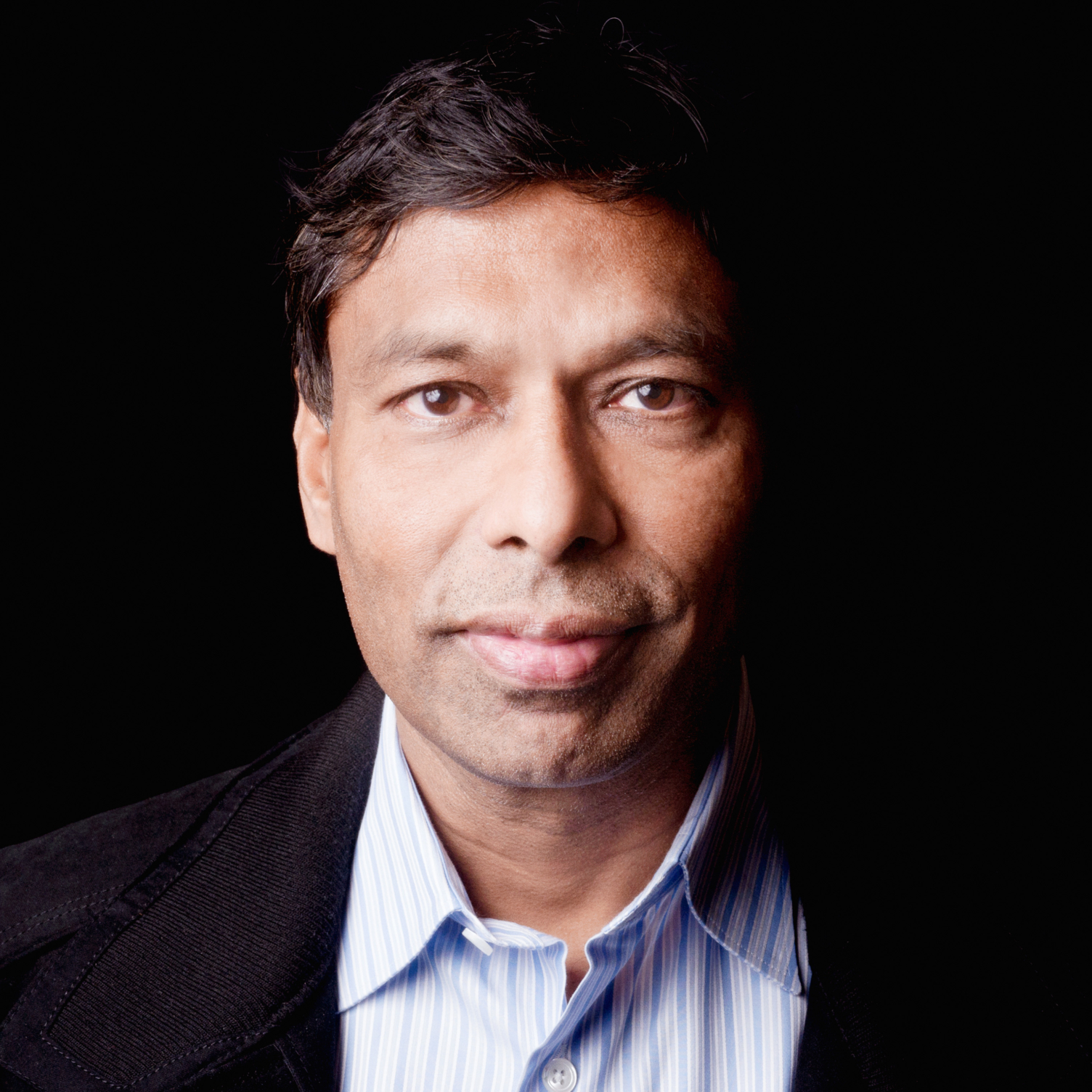
The Microorganisms in Our Body That Keep Us Alive – Naveen Jain – #382
Timestamps
0:00 – Cool Fact of the Day
0:40 – Ziprecruiter
1:37 – Welcome Naveen Jain
9:00 – Naveen’s company Viome
12:00 – Mitochondria and the microbiome
17:00 – Is gut bacteria a parasite?
25:00 – Viome tests
31:00 – Blood biome testing
35:00 – How did Naveen execute his vision?
40:00 – Going to the moon
44:00 – How to make children curious
52:00 – Soil health
56:00 – Space tourism
1:02:00 – Losing your humanity
1:14:00 – Blood transfusions
1:17:00 – Top 3 tips for performing better in life
Featured
Viome (Code: Bulletproof)
Resources
Fasting-induced adipose factor
How Will You Measure Your Life?
Bulletproof
Subscribe To The Human Upgrade
In this Episode of The Human Upgrade™...
BOOKS
4X NEW YORK TIMES
BEST-SELLING SCIENCE AUTHOR
Smarter
Not Harder
Smarter Not Harder: The Biohacker’s Guide to Getting the Body and Mind You Want is about helping you to become the best version of yourself by embracing laziness while increasing your energy and optimizing your biology.








